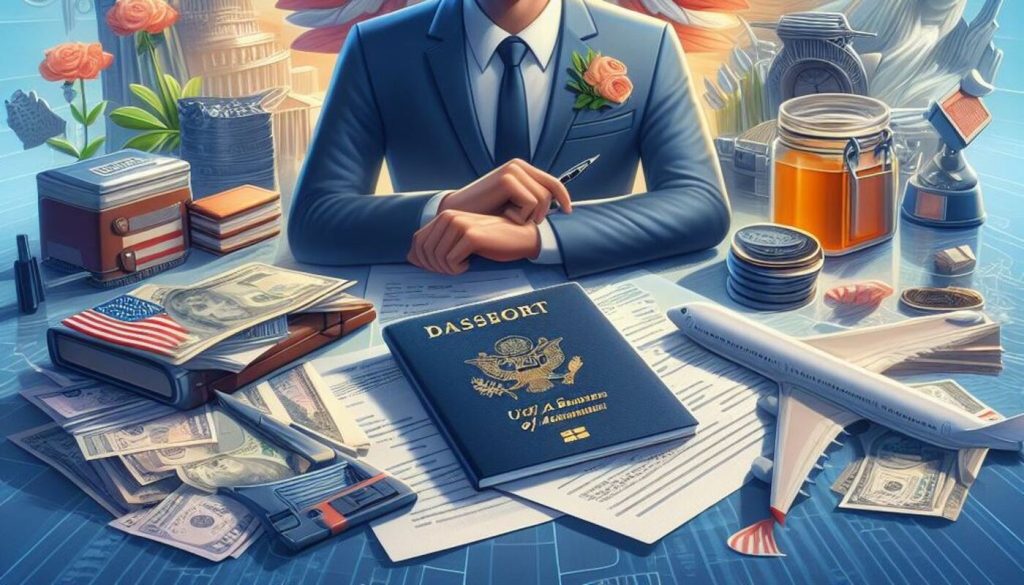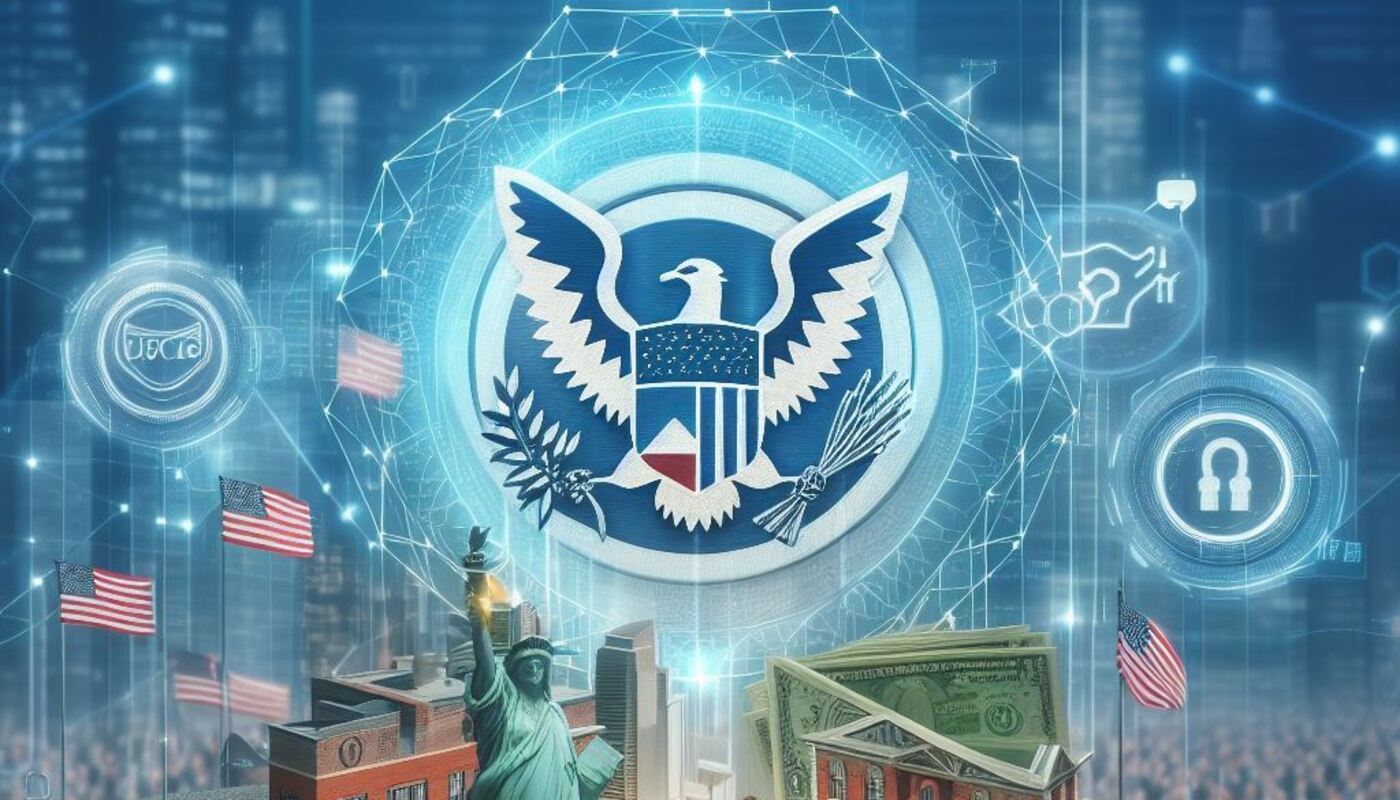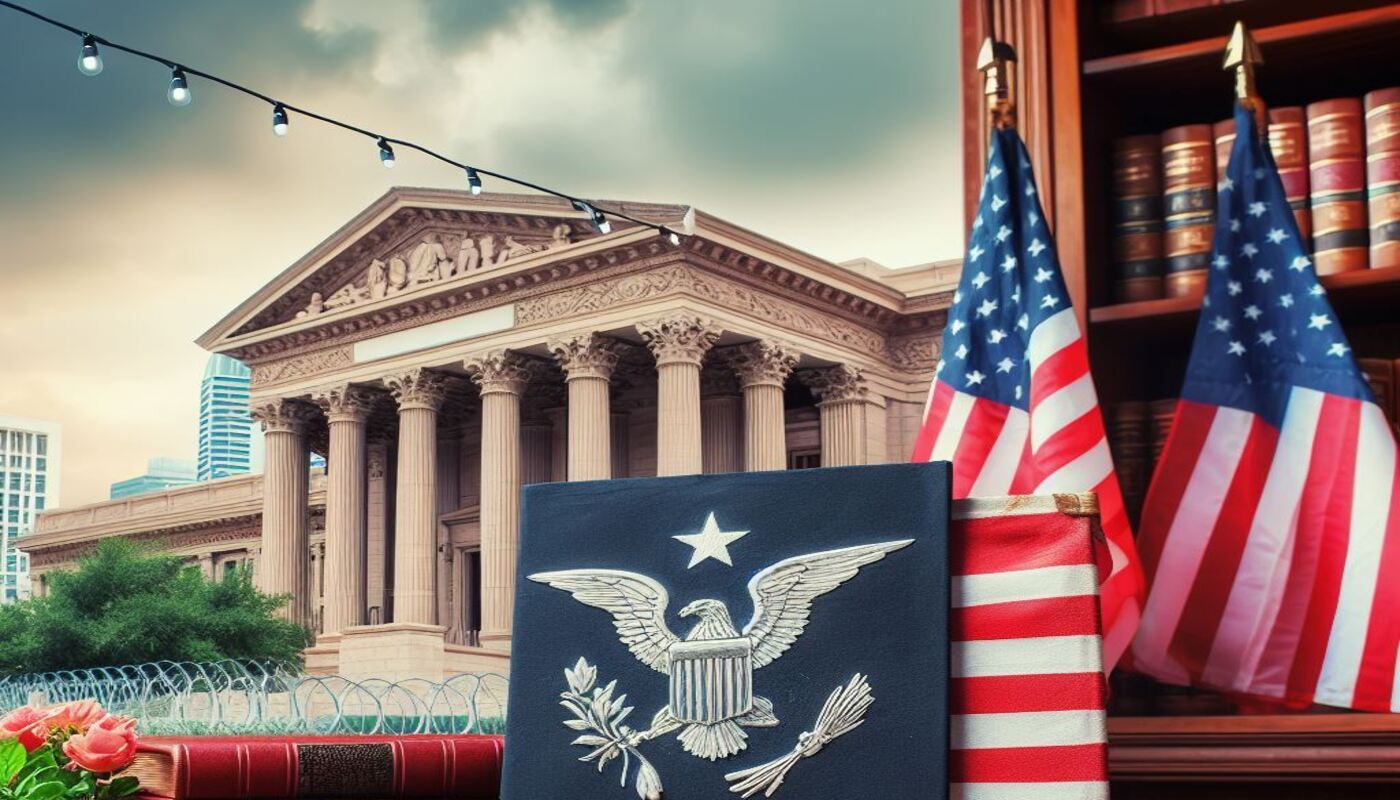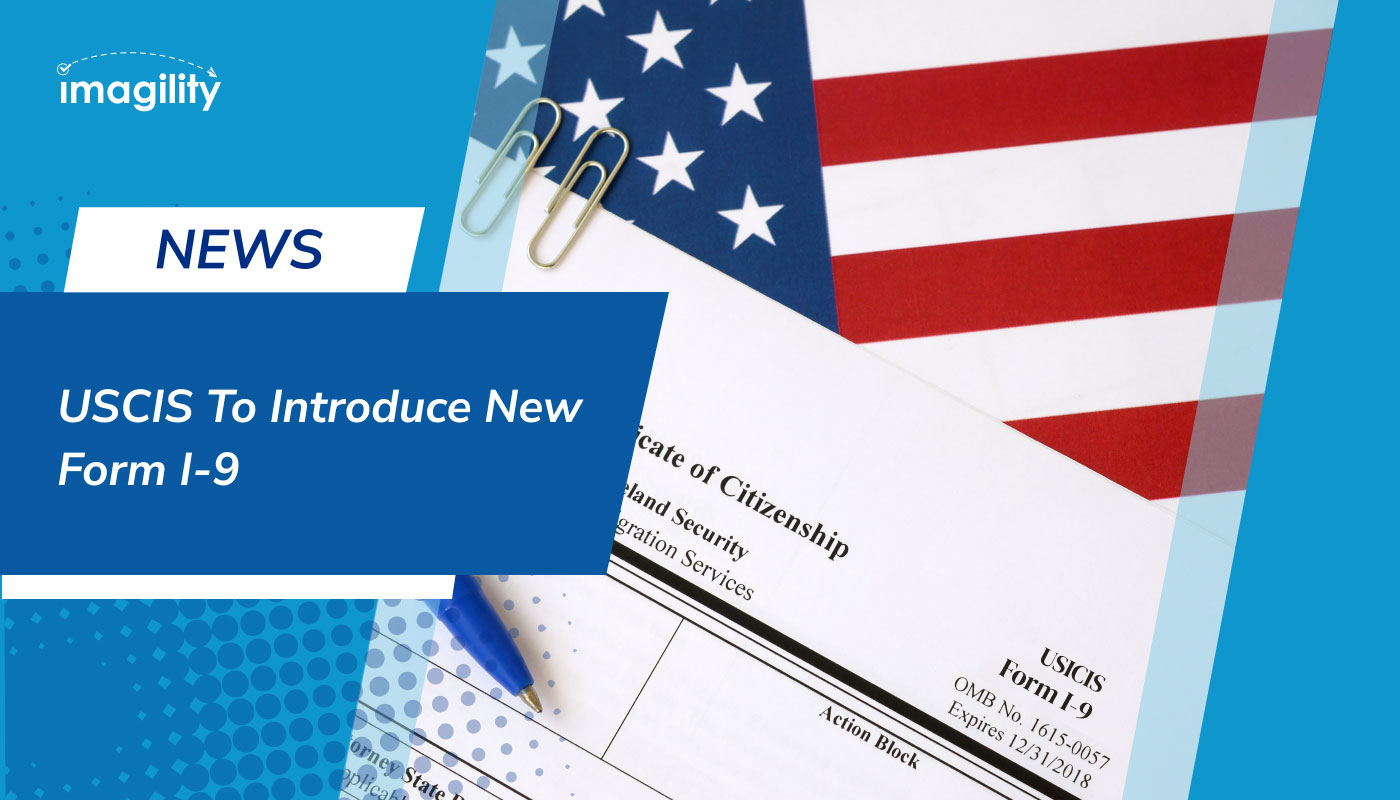The US State Department has initiated a long-awaited pilot program allowing up to 20,000 eligible applicants to renew their H-1B visas from within the United States. The program, which commenced on January 29, 2024, enables eligible foreign nationals to submit applications in five weekly allotments, with each allotment having 4,000 filing slots. To participate, applicants must adhere to the State Department’s stringent eligibility and application requirements.
The program allows certain H-1B visa holders to renew their visa stamps domestically, eliminating the need for them to travel abroad for renewal at a US consulate. Applications can be submitted from January 29 to April 1, 2024, or until all slots are filled, and a maximum of 20,000 H-1B visas will be issued to eligible applicants who previously received their H-1B visas from US Missions in India or Canada. While the initial pilot is limited, the State Department aims to expand the program to other nonimmigrant categories in the future.
Applicants must meet specific criteria, including holding a prior H-1B visa issued by designated US missions within specific time frames, having an approved and unexpired H-1B petition, and maintaining H-1B status in the United States. The program’s online assessment tool assists applicants in determining eligibility, but the State Department emphasizes that completing the assessment doesn’t guarantee qualification. The pilot program will process a maximum of 20,000 applications, with weekly slots released on designated dates.
The State Department’s screening of physical documents for pilot eligibility is a crucial step in the process. If an application fails this screening, it will be returned unadjudicated, and the MRV fee won’t be refunded. The State Department anticipates processing domestic applications in 6 to 8 weeks, aiming to adjudicate all applications submitted under the pilot by May 1, 2024. However, technical difficulties may impact processing times.
While the initial pilot focuses on H-1B visa renewals, the State Department plans to expand the program to include H-4 dependents and other nonimmigrant visa categories in 2024. Foreign nationals contemplating international travel during the application process should carefully assess their circumstances, as there is no expedited option under the pilot. Denied applicants can reapply through the standard consular process, and the refusal may impact future Visa Waiver Program applications. The State Department advises applicants with specific circumstances to consult their legal teams before applying abroad.
Source: Fragomen

















